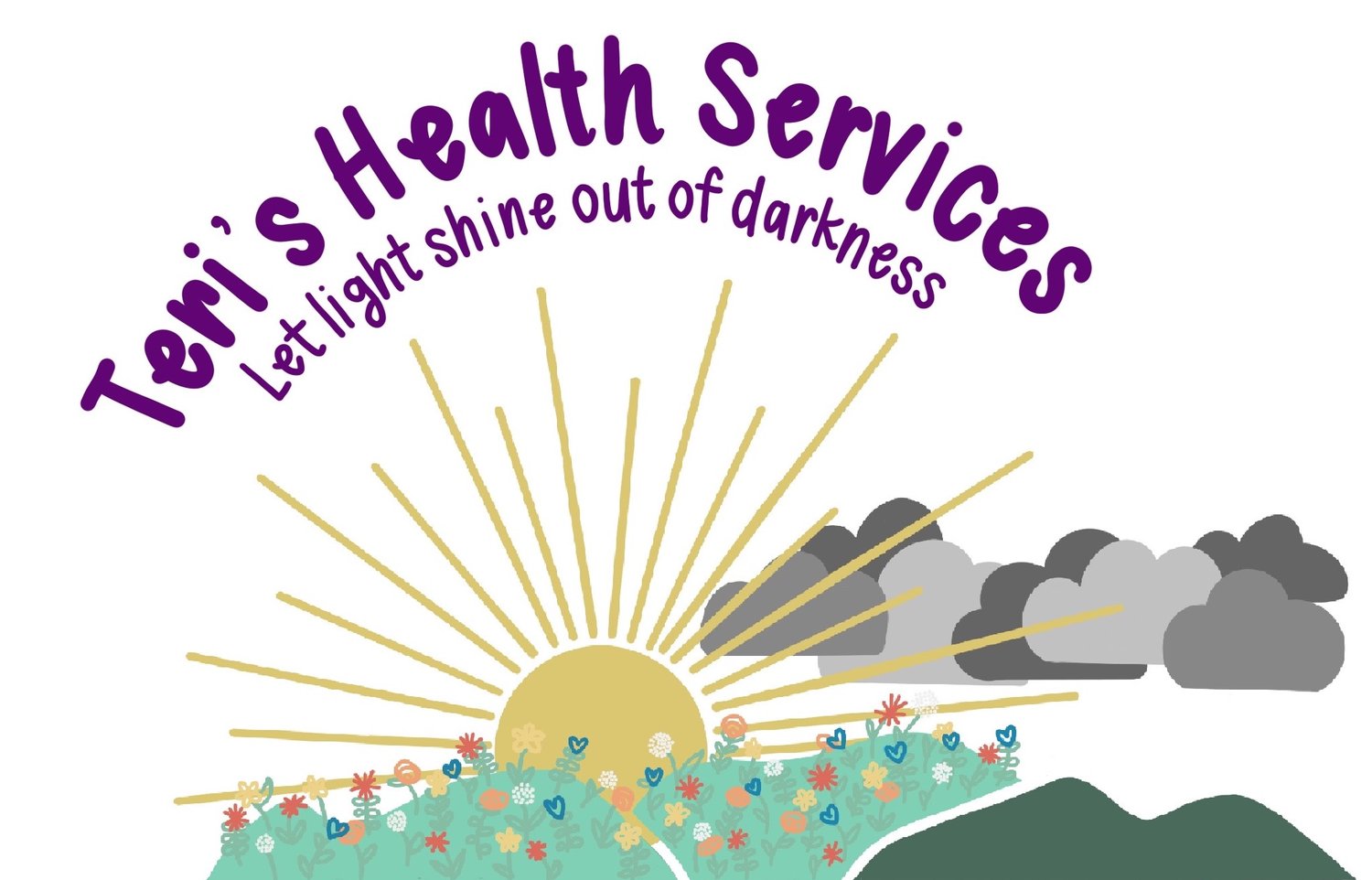Mental Health Psychiatric Care
Turn your light on.
Darkness around is not loss of hope inside. Choose to turn your light on.
Overview
Psychiatric conditions are diagnosed mental health disorders, defined by medical resources (American Psychiatric Association, 2024). Medical disease that encompasses human physical health can be diagnosed through a cause and effect approach to diagnosis and care (Ritchens, Lee, & Johri, 2020). For example, strep throat has symptoms, positive diagnosis, and treatment including specific antibiotics. Once the antibiotics are complete, health can presume apart from strep throat. This cause and effect does not occur in psychiatric care. Psychiatric care is subjective diagnosis based on current symptoms and history of disease pattern (Flygare et al., 2021; Priebe et al., 1994). A licensed professional diagnosing the disorder may diagnose one way while another licensed professional will diagnose another way. In the world of psychiatric care this is an accepted standard of care. There are screening tools licensed professionals can use to support their diagnosis, yet, they are not required to use for a diagnosis. Instead, symptoms are assessed at time of treatment, diagnosis placed, and treatment regimen recommended. Then, if the treatment regimen does not show results within a timeframe a change of diagnosis and/or treatment is recommended. And, thus, the cycle continues.
Psychotherapy Treatment
Psychotherapy is a highly effective approach to treating psychiatric conditions (National Institute of Mental Health (NIH), 2024). Psychotherapy is a highly recognized approach to treating all types of disorders of mental illness. Psychotherapy is an umbrella term used to encompass specific approaches to treat disorders by a mental health provider skilled to treat that issue. Psychotherapy can be provided in various modalities including individual counseling, family counseling, marriage and couples counseling, and group counseling. Mental health providers are skilled based on the foundation of their training programs in educational settings and further training specific to their focus of population of care. Psychotherapy is generally provided by a licensed counselor, licensed social worker, or licensed psychologist. If provided by an unlicensed mental health worker, these staff are generally required to be supervised by a licensed provider. Psychotherapy is also termed “counseling”, however, it should not be misunderstood to equal that of counseling in totality. Counseling is a general term that is used outside of psychotherapy. While psychotherapy is counseling, counseling is not necessarily psychotherapy. Psychotherapy can only provided by a skilled and educated mental health provider who is licensed or supervised by a licensed professional. It is within a framework of a theological position that is the blueprint for how the provider treats the individual’s mental health condition. Not all providers can treat all issues. Just as medical professionals must be trained and competent to treat the conditions of their patients, mental health providers must be skilled and competent to treat their clients. There is no doubt in the professional treatment community of research that psychotherapy is effective in the treatment of mental health conditions. Most insurances and employee health benefits include treatment for behavioral health. Today, more than ever, treatment is available for mental health conditions in the United States.
Medication Management
There are numerous medications to treat each and every ailment of mental disorder. Not all treatments are alike per individual, however. This means that depression, for instance, is always treated with the same medication regimen. From one person to the next, treatment may reflect a different approach. This is the downside of the treatment of psychiatric conditions. It can take time to get the results desired. In addition, the results can be difficult to maintain if the person is engaged in other mind altering activities or abuse of substances. Getting the right formula can be frustrating to clients wanting to get better. Nonetheless, treatment with medication is highly effective and safe. The safety of the medication outweighs the risks of not having help, which can include mental health disorders link to physical health issues such as heart disease, stroke, and diabetes (Kanumuri et al., 2024).
Wire the networks together
Medication provides the support needed for your neuro networks to connect, align, and provide you with a healthy normal way of living and thinking, again.
References
Flygare O, Ivanov VZ, Säll R, Malaise H, Ivanova E, Rück C, Jayaram-Lindström N, Martinsson L. Subjective mental health and need for care among psychiatric outpatients during the COVID-19 pandemic: Results from an outreach initiative in Sweden. Psychiatry Res. 2021 Oct;304:114124. doi: 10.1016/j.psychres.2021.114124. Epub 2021 Jul 19. PMID: 34303944; PMCID: PMC8288212.
Kanumuri, M., Khan, A., Neshat, A., Alapati, G., Sairam, G., Nisar, N., & Batool, S., Arti, F. (2024). Comparison of Risk of Stroke in Patients With and Without Depression: A Systematic Review and Meta-Analysis,Cureus, https://doi.org/10.7759/cureus.53057
National Institute of Mental Health (NIH). (2024). Psychotherapies. Retrieved from https://www.nimh.nih.gov/health/topics/psychotherapies
Priebe S, Gruyters T, Heinze M, Hoffmann C, Jäkel A. Subjektive Evaluationskriterien in der psychiatrischen Versorgung--Erhebungsmethoden für Forschung und Praxis [Subjective evaluation criteria in psychiatric care--methods of assessment for research and general practice]. Psychiatr Prax. 1995 Jul;22(4):140-4. German. PMID: 7675903.
Richens JG, Lee CM, Johri S. Improving the accuracy of medical diagnosis with causal machine learning. Nat Commun. 2020 Aug 11;11(1):3923. doi: 10.1038/s41467-020-17419-7. Erratum in: Nat Commun. 2020 Sep 16;11(1):4754. doi: 10.1038/s41467-020-18310-1. Erratum in: Nat Commun. 2021 Mar 31;12(1):2108. doi: 10.1038/s41467-021-21494-9. PMID: 32782264; PMCID: PMC7419549.



